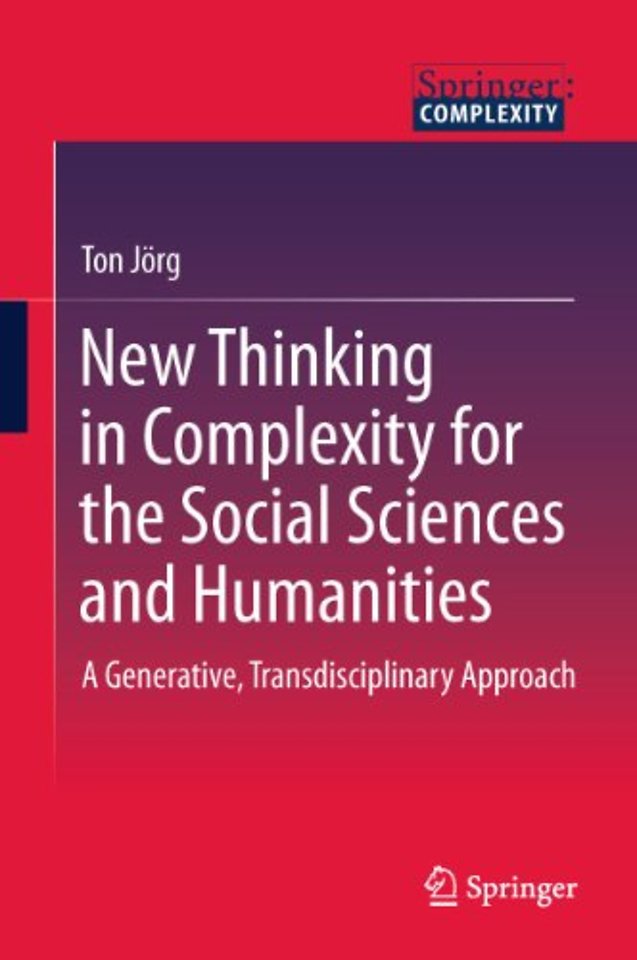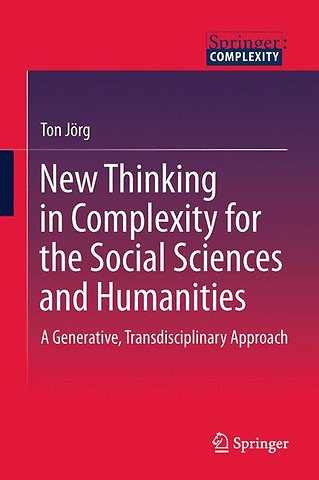New Thinking in Complexity for the Social Sciences and Humanities
A Generative, Transdisciplinary Approach
Samenvatting
The underlying idea and motive for the book is that the notion of complexity may humanize the social sciences, may conceive the complex human being as more human, and turn reality as assumed in our doing social science into a more complex, that is a richer reality for all.
The main focus of this book is on new thinking in complexity, with complexity to be taken as derived from the Latin word complexus: ‘that which is interwoven.’
The trans-disciplinary approach advocated here will be trans-disciplinary in two ways: firstly, by going beyond the separate disciplines within the fields of both natural sciences and social sciences, and, secondly, by going beyond the separate cultures of the natural sciences and of the social sciences and humanities.
Specificaties
Inhoudsopgave
Anderen die dit kochten, kochten ook
Net verschenen
Rubrieken
- aanbestedingsrecht
- aansprakelijkheids- en verzekeringsrecht
- accountancy
- algemeen juridisch
- arbeidsrecht
- bank- en effectenrecht
- bestuursrecht
- bouwrecht
- burgerlijk recht en procesrecht
- europees-internationaal recht
- fiscaal recht
- gezondheidsrecht
- insolventierecht
- intellectuele eigendom en ict-recht
- management
- mens en maatschappij
- milieu- en omgevingsrecht
- notarieel recht
- ondernemingsrecht
- pensioenrecht
- personen- en familierecht
- sociale zekerheidsrecht
- staatsrecht
- strafrecht en criminologie
- vastgoed- en huurrecht
- vreemdelingenrecht







